Protein Post-Translational Modification Bioinformatics Analysis Service
Proteins are central to virtually all cellular processes, and their activities are finely regulated through post-translational modifications. These modifications, such as phosphorylation, acetylation, ubiquitination, glycosylation, methylation, and SUMOylation, influence protein stability, localization, and interactions. They also determine how proteins integrate into signaling pathways that govern health and disease.
Modern proteomics technologies can detect thousands of modification sites in a single experiment. However, the raw data from these high-throughput studies are highly complex and require systematic computational approaches to reveal biological meaning. Bioinformatics plays a crucial role in translating experimental PTM data into actionable knowledge. It allows researchers to filter noise, annotate modification sites, identify condition-specific differences, reconstruct signaling networks, and discover disease-associated biomarkers.
Pascovici, D. et al. Int J Mol Sci. 2018.
MtoZ Biolabs has developed a specialized protein post-translational modification bioinformatics analysis service that integrates advanced computational pipelines, curated databases, and expert interpretation to turn raw modification data into clear biological insight.
Services at MtoZ Biolabs
MtoZ Biolabs offers an integrated suite of bioinformatics analyses tailored to PTM research. Our protein post-translational modification bioinformatics analysis service covers the complete data analysis workflow, ensuring that results are accurate, reproducible, and biologically meaningful.
1. Comprehensive data processing
We extract raw signals, perform normalization across experimental batches, remove background noise, and conduct rigorous quality control to prepare high-confidence PTM datasets.
2. Modification site annotation
We identify modification residues, map them to functional protein domains, and cross-reference findings with curated PTM resources such as UniProt, PhosphoSitePlus, and Reactome. Annotation covers phosphorylation, acetylation, ubiquitination, glycosylation, methylation, SUMOylation, and less common modifications such as crotonylation or neddylation.
3. Motif and enzyme prediction
We analyze sequence motifs surrounding modification sites to predict upstream enzymes including kinases, phosphatases, acetyltransferases, and ubiquitin ligases. This step enables the discovery of regulatory networks and enzyme-substrate relationships.
4. Crosstalk and co-modification analysis
We investigate how different PTMs co-occur on the same protein or within the same pathway, revealing synergistic or antagonistic effects that contribute to dynamic cellular regulation.
5. Differential analysis
We compare modification levels across experimental conditions or disease states, identify statistically significant differences, and highlight proteins that may serve as candidate biomarkers.
6. Pathway enrichment
We map modified proteins to GO terms, KEGG pathways, and Reactome pathways to identify biological processes and signaling cascades most affected by modifications.
7. Protein network reconstruction
We build protein-protein interaction networks to visualize how modifications rewire cellular systems and highlight hub proteins that may act as master regulators.
8. Visualization and interpretation
We generate publication-ready figures including heatmaps, volcano plots, motif logos, and network diagrams. Each project includes expert interpretation to connect computational outputs to biological conclusions.
Why Choose MtoZ Biolabs
At MtoZ Biolabs we combine technical expertise with client-centered support to ensure each project delivers meaningful outcomes.
✔️ complete solutions: From raw data to final interpretation, we deliver a seamless workflow that saves time and ensures consistency.
✔️ advanced computational platforms: Our pipelines integrate robust algorithms and curated PTM databases for reliable analysis.
✔️ experienced team: Our scientists bring extensive expertise in proteomics, PTM biology, and bioinformatics.
✔️ high data quality: Rigorous quality control measures are applied at every step to ensure reproducibility.
✔️ customized approaches: Each project is tailored to address the unique goals and experimental designs of our clients.
✔️ Global Reach: Our services are trusted by academic institutions, biotechnology firms, and pharmaceutical companies worldwide.
Applications
1. Cancer research
2. Drug discovery and development
3. Neurological research
4. Epigenetics and chromatin biology
5. Infectious disease and immunity
6. Clinical and translational research
Deliverables
1. Data preprocessing report
2. Annotated PTM dataset
3. Differential modification analysis
4. Motif and enzyme predictions
5. Pathway and network analysis
6. Visualization figures
7. Final report
Each deliverable is presented in a clear, structured format to maximize usability for research, development, or regulatory purposes.
Post-translational modifications govern protein function and shape cellular signaling networks. The ability to interpret these modifications requires advanced computational methods that can integrate site-level details with systems-level understanding.
Contact MtoZ Biolabs today to discuss your project and learn how our bioinformatics solutions can accelerate your research.








